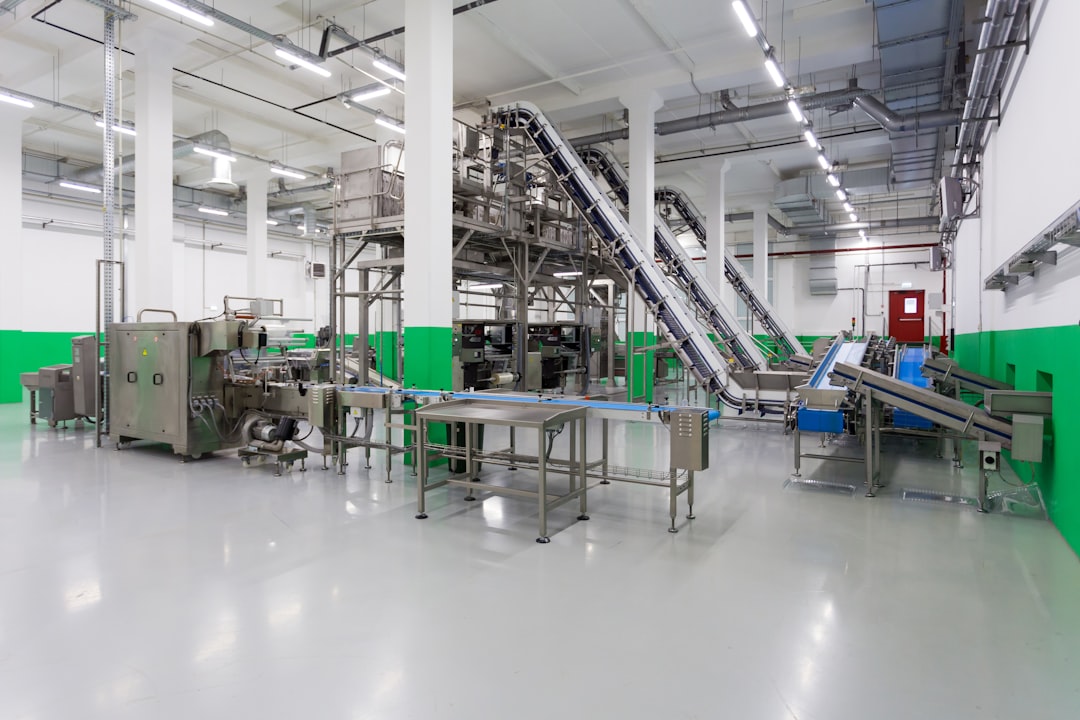With climate change becoming an increasingly urgent issue, more and more industries are recognizing the importance of sustainability practices. One key sector where this is particularly crucial is manufacturing. The manufacturing industry is one of the largest contributors to carbon emissions and waste production, making it essential for companies to adopt sustainable practices to minimize their environmental impact. In this blog post, we will explore some of the key sustainability practices that manufacturing companies can implement to reduce their carbon footprint and promote a more eco-friendly production process.
One of the most effective ways for manufacturing companies to improve their sustainability is by reducing energy consumption. The manufacturing process often requires large amounts of energy to power machinery and equipment, leading to a significant carbon footprint. By implementing energy-efficient practices such as using LED lighting, installing solar panels, and optimizing production schedules to reduce energy consumption during peak times, companies can greatly reduce their carbon emissions and lower their energy costs. Additionally, investing in energy-efficient equipment and regularly maintaining machinery can further decrease energy usage and increase overall efficiency.
Another important aspect of sustainability in manufacturing is reducing waste production. A significant amount of waste is generated during the manufacturing process, including materials, packaging, and scrap. By implementing waste reduction strategies such as reusing materials, recycling waste products, and implementing a closed-loop manufacturing system, companies can reduce the amount of waste sent to landfills and minimize their environmental impact. Additionally, implementing lean manufacturing practices can help identify areas of waste and inefficiency in the production process, allowing companies to streamline operations and reduce waste production.
Water conservation is also a critical sustainability practice for manufacturing companies to consider. The manufacturing process often requires large amounts of water for cooling, cleaning, and other operations, leading to high water usage and potential water pollution. To reduce water consumption, companies can implement water recycling systems, install water-efficient equipment, and implement water-saving strategies such as capturing rainwater for use in production processes. By reducing water usage and implementing water management practices, companies can lower their water costs and decrease their environmental impact.
Furthermore, sustainable sourcing is an essential aspect of sustainability in manufacturing. Many manufacturing companies rely on raw materials sourced from around the world, leading to potential environmental and social impacts. By sourcing materials from sustainable suppliers who adhere to ethical practices and certification standards, companies can ensure that their products are not contributing to deforestation, labor exploitation, or other harmful practices. Additionally, implementing sustainable sourcing practices can help companies build a more transparent and responsible supply chain, increasing consumer trust and brand reputation.
In addition to these key sustainability practices, manufacturing companies can also benefit from investing in renewable energy sources. Renewable energy such as solar, wind, and hydropower offer clean and sustainable alternatives to traditional fossil fuels, helping companies reduce their carbon emissions and reliance on nonrenewable resources. By incorporating renewable energy sources into their operations, companies can reduce their environmental impact, lower energy costs, and contribute to a more sustainable future.
Overall, sustainability practices in manufacturing are essential for reducing carbon emissions, minimizing waste production, conserving resources, and promoting a more eco-friendly production process. By implementing energy-efficient practices, reducing waste production, conserving water, sourcing materials sustainably, and investing in renewable energy sources, manufacturing companies can contribute to a more sustainable future for generations to come. It is essential for manufacturing companies to prioritize sustainability and take proactive steps to minimize their environmental impact, demonstrate corporate responsibility, and lead the way towards a more sustainable and eco-friendly future.

